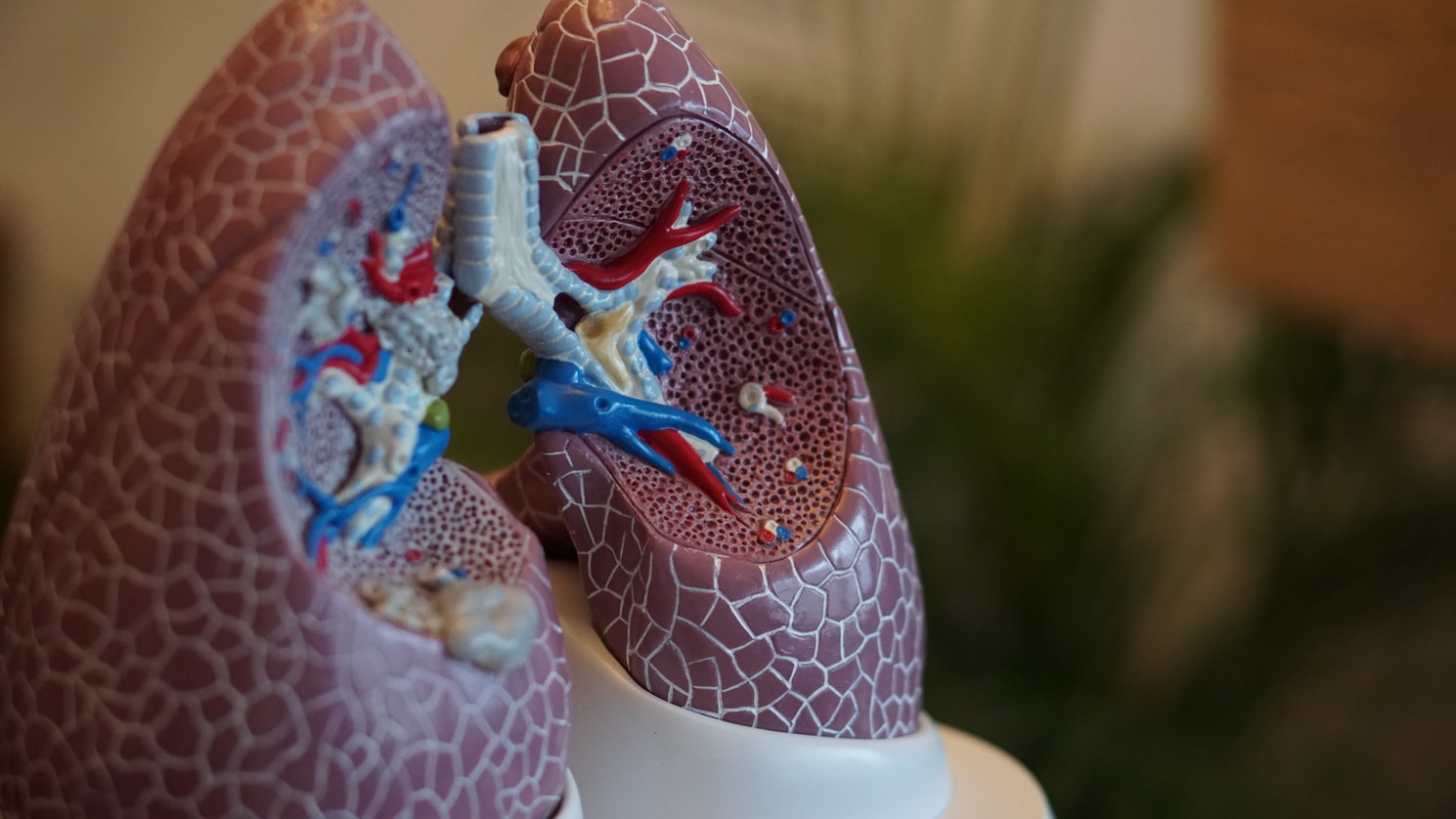For many, the symptoms of lung cancer often go undetected until the disease is in an advanced stage. Usually, by this time, the tumor has grown in size and possibly even spread to other parts of the body. Doctors sometimes advise screening to detect cancer before the symptoms appear. Treatments for lung cancer show better results when it is detected early.
Read on to understand how screening can help detect cancer early.
What Does Screening Involve?
Typically the test for lung cancer involves a CT scan that creates an image of the inside of the lungs using low doses of radiation. Abnormal tumors or lesions that show up in the scan could indicate early lung cancer. If further testing is required to confirm the disease, a needle biopsy or surgery to remove a sample of tissue for testing t is advised.
Lung cancer can be fatal, and your prognosis is better with early treatment. Screening can help detect cancer cells early in development, and even before other external symptoms occur. Attacking cancer cells before they spread to other parts of the body can improve quality of life and can help you achieve remission.
Who Should Get Screened?
Smoking is the leading cause of lung cancer, and heavy smokers are at a higher risk. If you are a heavy smoker between the age of 55 and 74 years or have quit smoking in the past 15 years, you should consider screening.
You should also be healthy enough to complete the treatment of chemotherapy, radiation, or surgery if diagnosed.
Lookout For Symptoms
If you are at risk for lung cancer and decide to forego screening, you should be aware of the symptoms that could arise. Spotting the following signs could help you detect cancer sooner and start treatment early.
– Hoarseness
– Change in voice
– A progressive cough that produces mucus
– Blood in mucus
– Chest pains
– Fatigue
– Shortness of breath
– Wheezing
Though screening for lung cancer can increase your odds of early detection, it is advisable to consult your doctor about the risks involved, and if screening is the right choice for you. Actively taking steps towards prevention like quitting smoking, goes a long way in lowering your risk.


